Optimal Timing for Travertine Polishing
Determining the optimal timing for Travertine Polishing Service depends on several factors, including seasonal conditions, usage patterns, and maintenance schedules. Typically, scheduling during periods of low activity minimizes disruption and allows for thorough work. Avoiding extreme weather conditions, such as freezing temperatures or high humidity, can enhance the effectiveness of the polishing process.
Spring and early fall are ideal for scheduling, as weather conditions are usually moderate and suitable for polishing work.
Timing when foot traffic is lighter helps ensure the surface remains undisturbed during the polishing process.
Aligning polishing with routine cleaning schedules can prolong results and maintain appearance.
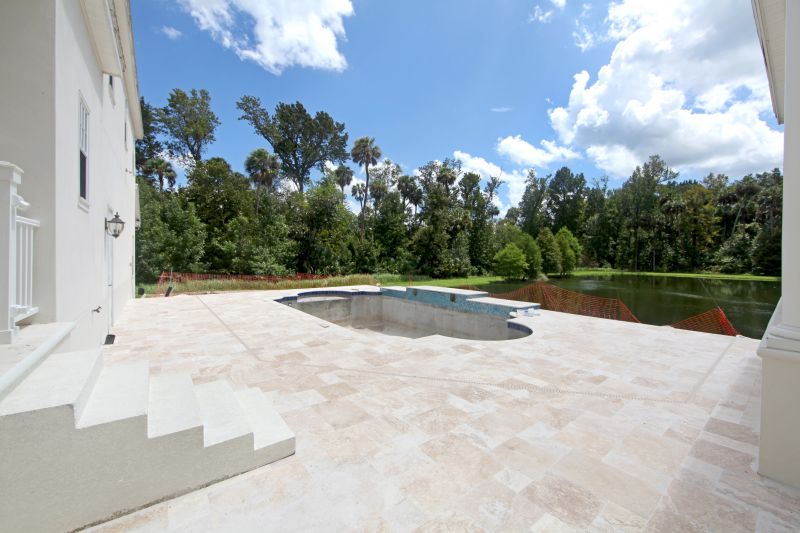
Ways to make Travertine Polishing Service work in tight or awkward layouts.
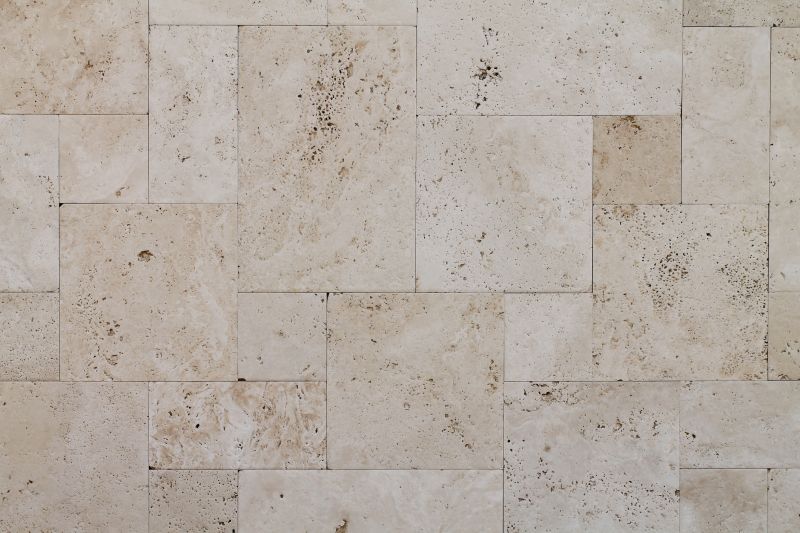
Popular materials for Travertine Polishing Service and why they hold up over time.
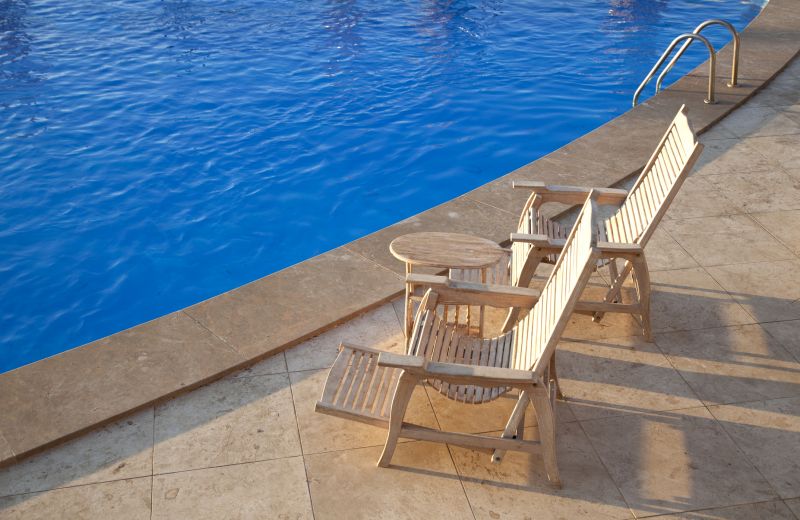
Simple add-ons that improve Travertine Polishing Service without blowing the budget.

High-end options that actually feel worth it for Travertine Polishing Service.
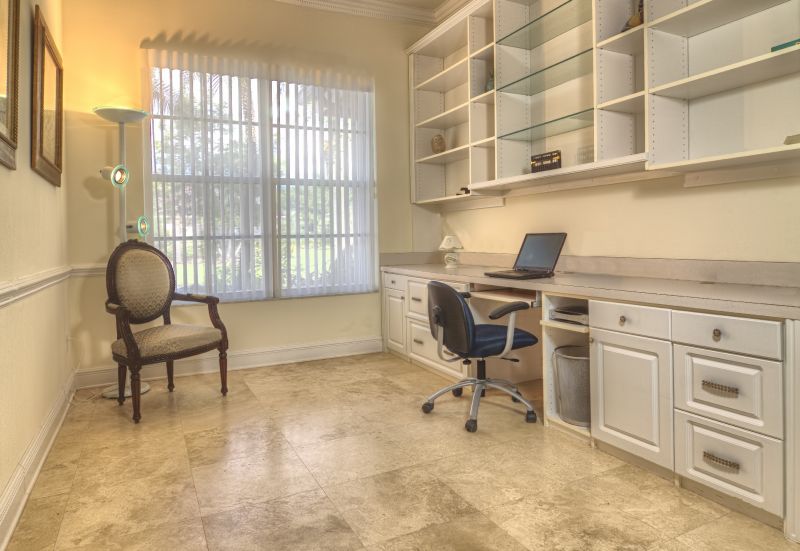
Finishes and colors that play nicely with Travertine Polishing Service.
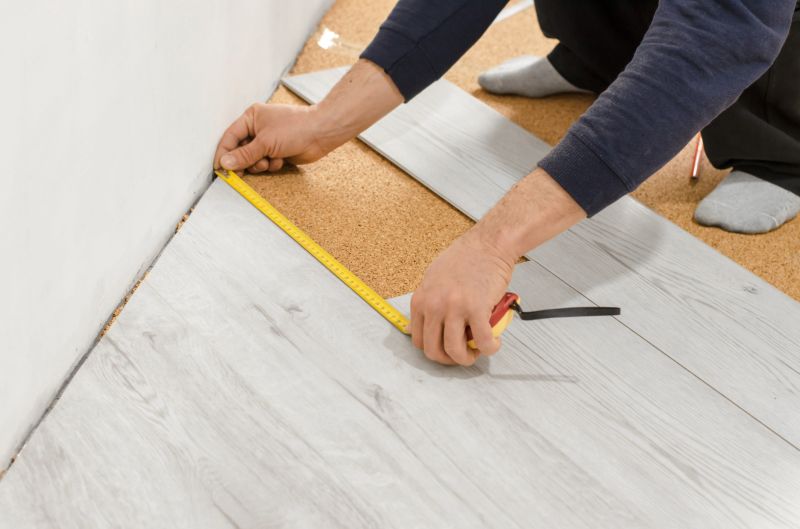
Little measurements that prevent headaches on Travertine Polishing Service day.
Travertine polishing enhances the stone's natural beauty by restoring its shine and smoothness. The process involves grinding the surface with abrasive pads and applying polishing compounds to achieve a glossy finish. Regular polishing not only improves appearance but also helps protect the surface from staining and etching, extending its lifespan. Studies show that properly maintained travertine can retain its aesthetic appeal for many years with periodic polishing.
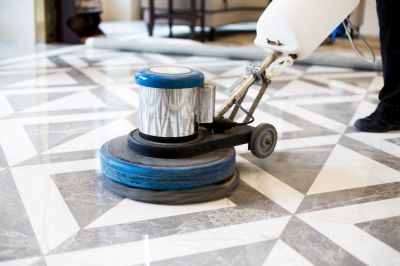
A 60-second routine that keeps Travertine Polishing Service looking new.
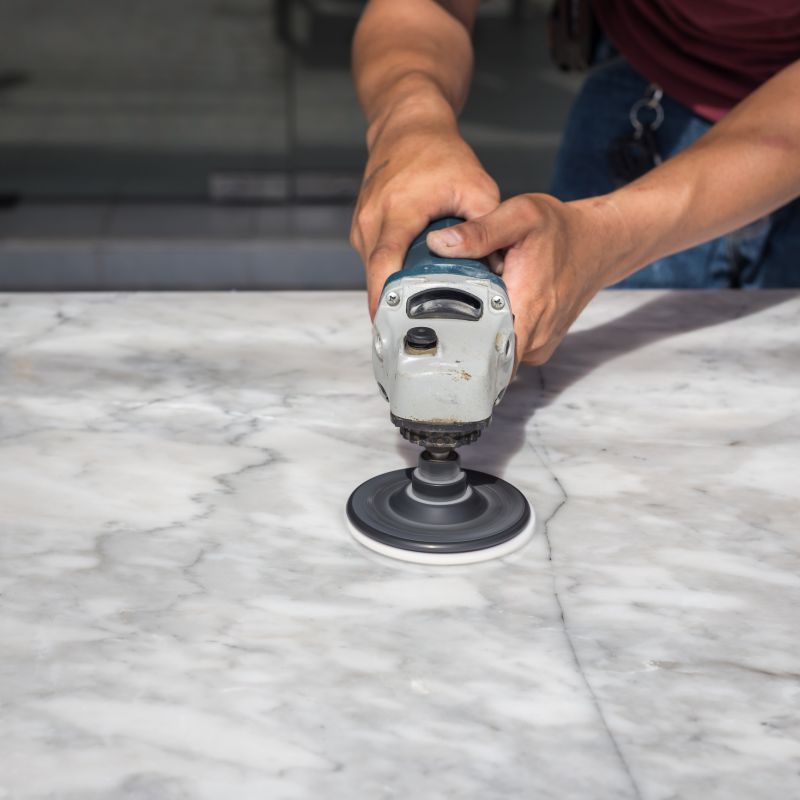
A frequent mistake in Travertine Polishing Service and how to dodge it.
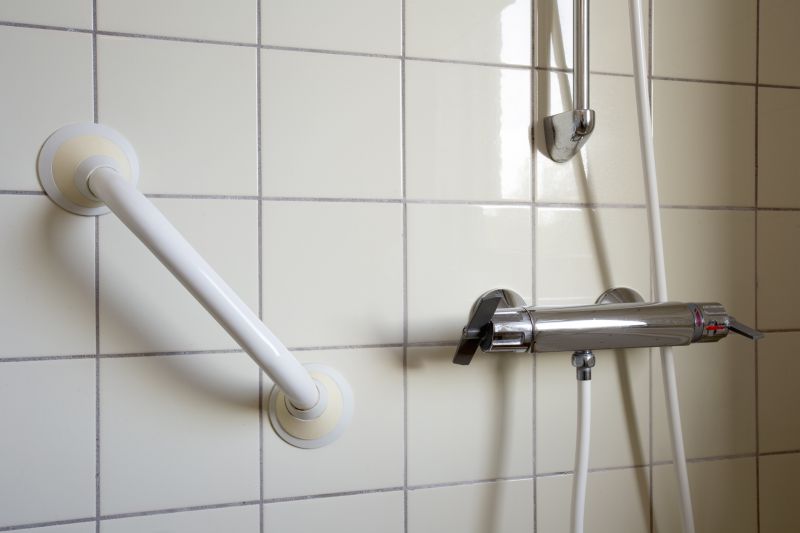
Small tweaks to make Travertine Polishing Service safer and easier to use.
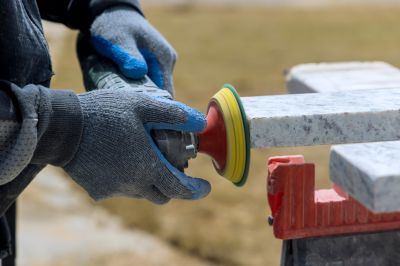
Lower-waste or water-saving choices for Travertine Polishing Service.
| Aspect | Details |
|---|---|
| Ideal Seasons | Spring and early fall |
| Weather Conditions | Moderate temperatures, low humidity |
| Usage Timing | During periods of low foot traffic |
| Maintenance Schedule | Align with routine cleaning |
| Preparation | Ensure surface is clean and dry before polishing |
| Post-Polishing Care | Avoid heavy use for 24 hours |
| Frequency of Polishing | Every 1-3 years depending on wear |
| Environmental Factors | Avoid extreme weather during scheduling |
